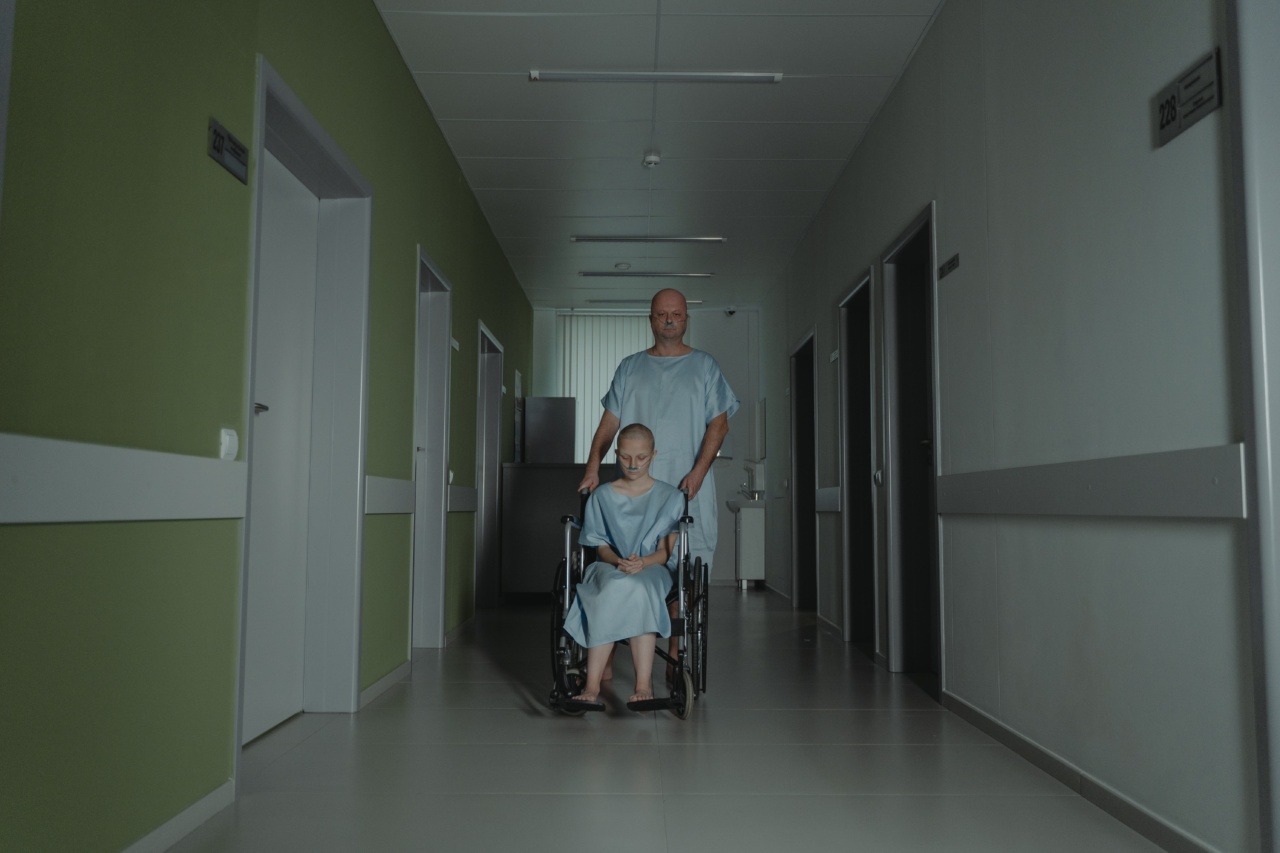Anemia is a medical condition that is characterized by a lack of healthy red blood cells in the body, resulting in a decreased ability of the blood to carry oxygen to different parts of the body.
This condition can cause fatigue, weakness, shortness of breath, and other related symptoms that can significantly impact a person’s daily life.
The Experience of Patients with Anemia
At the hospital, 60 patients were observed struggling with anemia. For these patients, the experience of dealing with anemia was difficult, with many of them experiencing a range of symptoms that affected their daily lives.
The patients with anemia often reported feeling weak and tired, making it difficult to do everyday tasks like getting dressed or grocery shopping.
In addition to fatigue, many of the patients struggled with shortness of breath, which limited their ability to perform physical activities.
Many had to use oxygen tanks to help them breathe, which made it difficult to leave their homes or go out in public due to the social stigma associated with carrying an oxygen tank.
The Impact of Anemia on Mental Health
Anemia not only affects a person physically but also has a significant impact on their mental health. Many of the patients with anemia reported feeling depressed, anxious, and frustrated due to their condition.
The feeling of not being able to perform everyday tasks and being limited in their physical abilities can take a toll on their mental health, making it difficult for them to stay positive and motivated.
The patients with anemia often reported feeling isolated and alone, as they were unable to participate in activities that they used to enjoy.
Many of them found it difficult to keep up with their social lives, as they were unable to attend gatherings or events due to their physical limitations.
Treatment for Anemia
The patients with anemia received various treatments, depending on the underlying cause and severity of the condition. In many cases, iron supplements were prescribed to help increase the number of healthy red blood cells in the body.
For patients with severe anemia, blood transfusions were sometimes necessary to replace the lost red blood cells. In some cases, patients received erythropoietin therapy, which is a hormone that stimulates the production of red blood cells in the body.
Lifestyle Changes to Improve Anemia
Aside from medical treatments, lifestyle changes can also help manage anemia and improve a person’s overall quality of life.
Eating a healthy, balanced diet that includes iron-rich foods like leafy greens, red meat, and beans can help increase the number of healthy red blood cells in the body.
Regular exercise can also help improve anemia by increasing the body’s production of red blood cells. Patients should always consult with their healthcare provider before starting any new exercise routine or making significant dietary changes.
Coping with Anemia
Living with anemia can be challenging, but there are ways to cope with the condition and improve quality of life.
One way is to stay informed about the condition and educate yourself about the available treatments and lifestyle changes that can help manage anemia.
Support groups can also be beneficial for patients with anemia, as they provide a safe space for people to share their experiences and feelings about the condition.
Talking to loved ones and healthcare providers can also provide emotional support and motivation to keep fighting against anemia.
Conclusion
Anemia can significantly impact a person’s daily life, causing fatigue, weakness, shortness of breath, and other related symptoms.
It not only affects a person physically but also has a significant impact on their mental health, often leading to feelings of depression and isolation.
While anemia can be challenging to manage, with the help of medical treatments and lifestyle changes, it is possible to improve quality of life and cope with the condition.
It is essential to stay informed, seek support, and work closely with healthcare providers to develop an effective treatment plan.




























